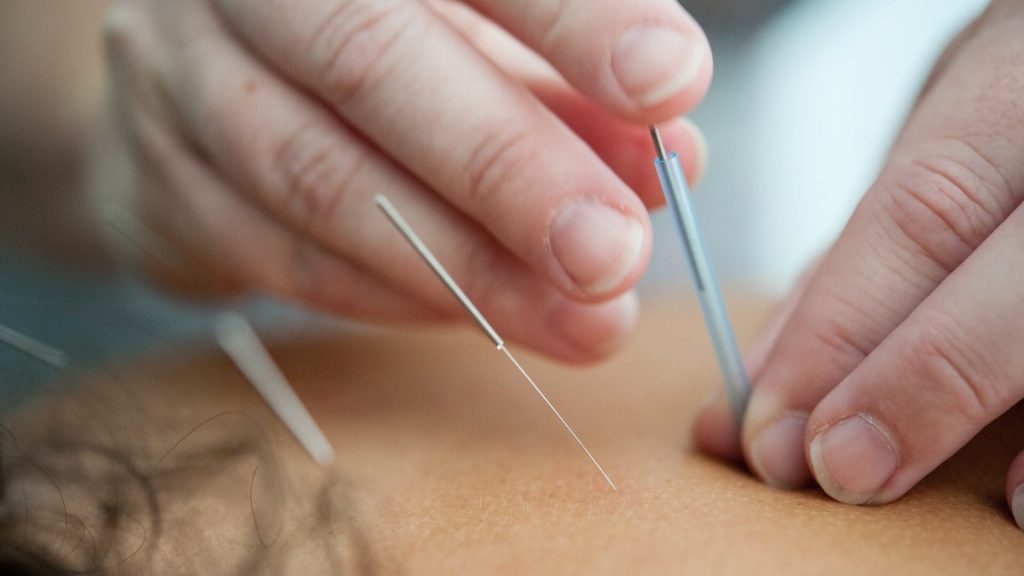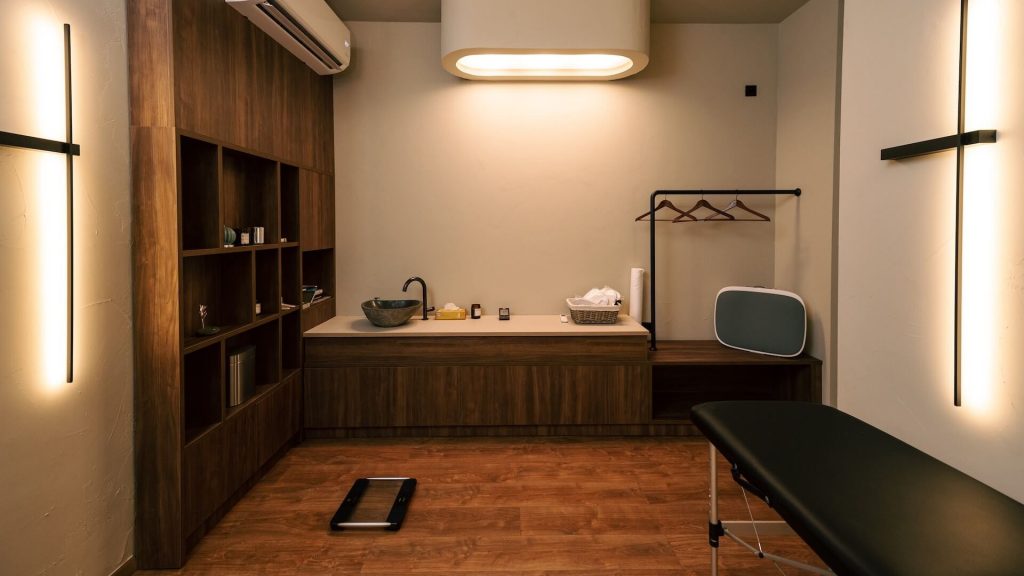Acupuncture, an ancient healing practice, has gained widespread recognition for its ability to address a multitude of health conditions. It involves the precise insertion of thin needles into specific points on the body to stimulate energy flow, promoting natural healing processes. Yet, the outcome of your acupuncture treatment largely hinges on the acupuncturist you choose. Selecting the right acupuncturist for your health is a pivotal decision that can mean the difference between a transformative, positive healing journey and a lackluster one. In this comprehensive guide, we delve deeply into the critical factors to contemplate when choosing an acupuncturist, ensuring you receive the best possible care for your well-being.
The Importance of a Qualified Acupuncturist

When it comes to acupuncture, the competence, qualifications, and credentials of your practitioner are paramount to your safety and the effectiveness of your treatment. Here’s an in-depth look at key aspects:
Certification and Licensing
Certification and licensing serve as the foundation of trust in your acupuncturist’s qualifications. In the United States, acupuncturists must adhere to state-specific licensing requirements. These regulations ensure that they have completed the necessary educational and training prerequisites. Before making any decisions, it’s imperative to scrutinize the acupuncturist’s credentials, verifying that they possess the requisite licenses to practice acupuncture within your state.
Experience and Expertise
Experience in acupuncture is invaluable. Seek an acupuncturist with a substantial history of successfully treating conditions akin to yours. An experienced practitioner is more likely to have encountered diverse cases and honed their skills over time, which can significantly influence the effectiveness of your treatment. Ask about their years in practice, specific areas of expertise, and any advanced training they may have undergone.
Seek Recommendations and Reviews

Word of Mouth
Your journey to finding the right acupuncturist should commence within your trusted social network. Seek recommendations from friends, family, or healthcare professionals who may have had firsthand experiences with acupuncture. Personal anecdotes and word-of-mouth referrals often provide the most candid insights into an acupuncturist’s competence, patient rapport, and overall quality of care.
Online Reviews
In today’s digital age, a treasure trove of information lies at your fingertips. Dive deep into online reviews and testimonials from patients who have undergone treatment with the acupuncturist you’re considering. While online reviews should be approached with discernment, they can offer a comprehensive view of the practitioner’s reputation, patient satisfaction, and even specifics about the conditions they’ve successfully treated.
Interview Potential Practitioners

Consultation and Compatibility
Before embarking on your acupuncture journey, schedule consultations with potential acupuncturists. These meetings provide an invaluable opportunity to assess the acupuncturist’s communication style, demeanor, and whether you feel at ease in their presence. An open, honest, and collaborative dialogue between you and your acupuncturist is paramount for a successful healing journey.
During these consultations, delve into your prospective practitioner’s approach to patient care. Inquire about the specific techniques they employ, their treatment philosophy, and their vision for your healing journey. Ensure that their approach resonates with your goals, values, and preferences, as this alignment can significantly impact your treatment experience.
Cleanliness and Safety

Clinic Hygiene
Ensuring your safety during acupuncture treatment is non-negotiable. Before initiating treatment, schedule a visit to the clinic to thoroughly evaluate its hygiene standards. Ascertain that the needles and equipment used are sterile and that the practitioner rigorously adheres to stringent infection control procedures. Additionally, inquire about their process for disposing of used needles and other medical waste in accordance with health regulations.
Safety Protocols
Safety protocols are of utmost importance in the event of unforeseen reactions during treatment. Inquire about the acupuncturist’s preparedness to handle emergencies and adverse reactions. A qualified acupuncturist should have a clearly defined plan in place, which may include access to emergency medical services, should the need arise. Understanding these protocols underscores the practitioner’s commitment to patient safety.
Cost and Insurance

Pricing Structure
Transparent discussions regarding the cost of acupuncture sessions and any associated fees are essential. While price should not be the sole determinative factor, it is crucial to comprehend the financial aspects of your treatment fully. Inquire about the pricing structure, whether the practitioner offers package deals, and whether they provide options for sliding-scale fees or discounts for prepaid sessions. This information will help you align your budget with your healing goals.
Insurance Coverage
Another pivotal financial consideration is insurance coverage. Inquire whether your health insurance plan covers acupuncture, and if so, determine which acupuncturists are in-network providers. Utilizing your insurance benefits can significantly reduce your out-of-pocket expenses, making acupuncture treatment more financially accessible.
Conclusion
In the intricate landscape of acupuncture, the acupuncturist you select serves as your guide and facilitator on the path to improved health and well-being. Prioritize qualifications, experience, and personal compatibility when making your choice. Leverage recommendations, scrutinize online reviews, and conduct thorough interviews with potential practitioners to unearth the ideal match. Additionally, ensure that the clinic maintains impeccable hygiene standards and offers transparent pricing. By meticulously considering these factors, you can embark on your acupuncture journey with unwavering confidence, secure in the knowledge that you’ve chosen a qualified, compassionate professional to guide you toward enhanced health and well-being.
Comments are closed here.